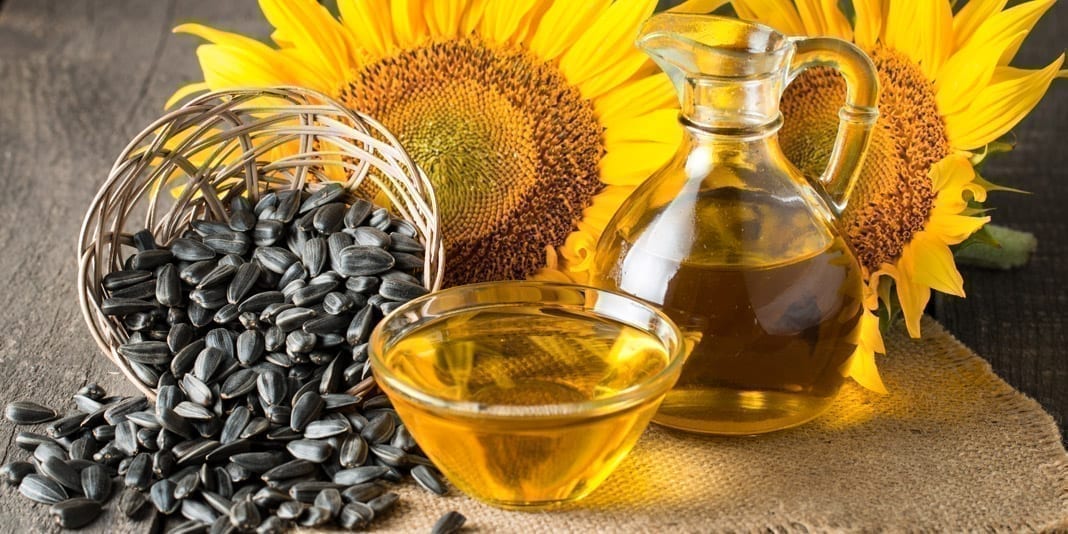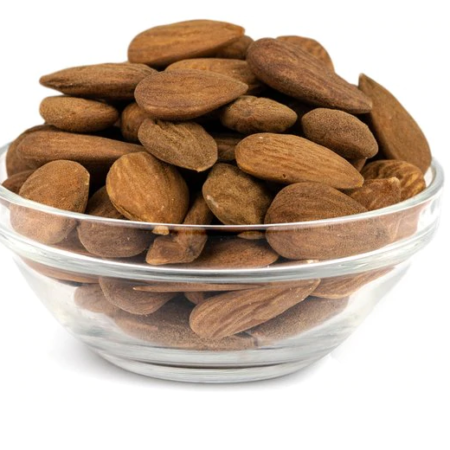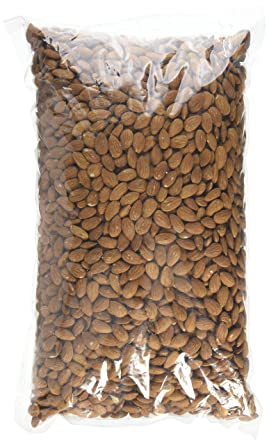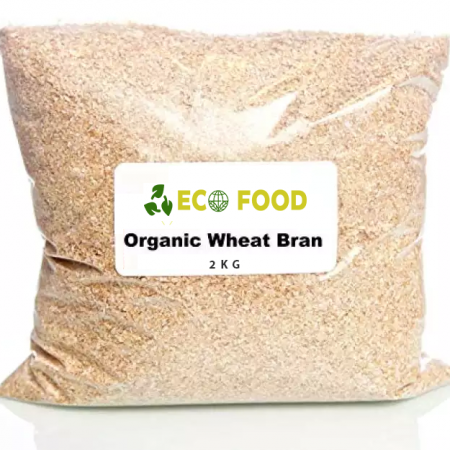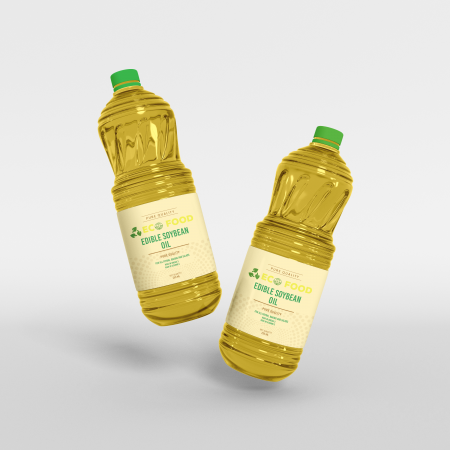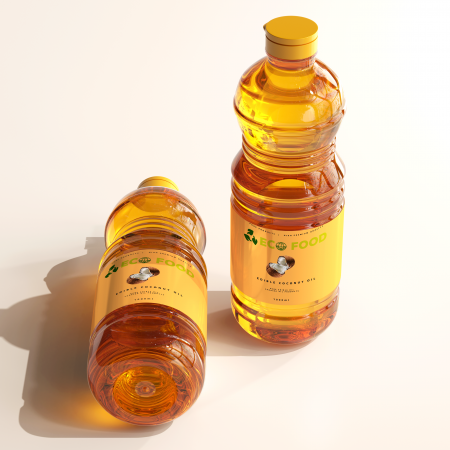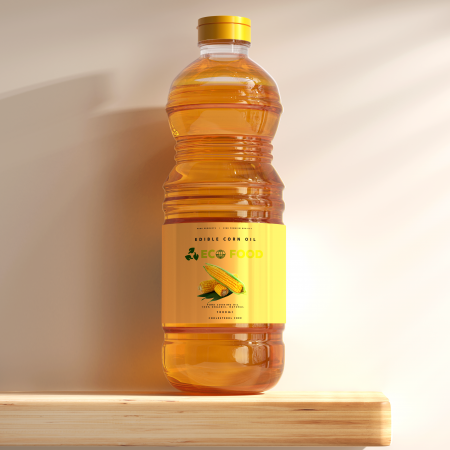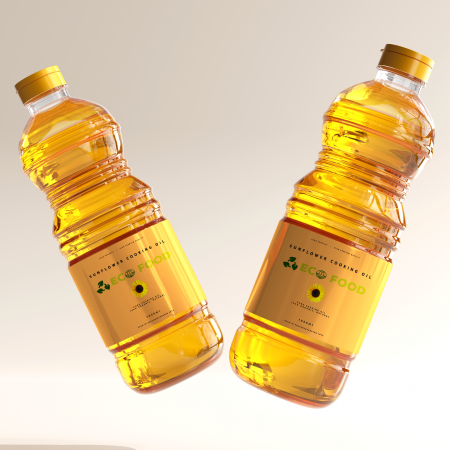Description
What is sunflower oil?
Sunflower oil is made from pressing the seeds of the sunflower plant and is high in heart-healthy poly- and monounsaturated fats. “There are four main varieties of sunflower oil used in foods and for cooking; they differ in their balance of polyunsaturated and monounsaturated fats. High-linoleic sunflower oil is highest in omega-6 polyunsaturated fatty acids, while mid-oleic and high-oleic sunflower oils have more monounsaturated fats,” says Ali Webster, Ph.D., RD, director of research and nutrition communications at the International Food Information Council.
Related: What’s the Best Oil for Cooking?
Sunflower oil nutrition
Nutrition facts:
Serving size: 1 tablespoon
Calories: 120
Total fat: 14 g
Saturated fat: 1 g
Monounsaturated fat: 3 g
Polyunsaturated fat: 9 g
Total carbohydrate: 0 g
Dietary fiber: 0 g
Sugar: 0 g
Choline: 0.03 mg
Vitamin E: 5.59 mg
Vitamin K: 0.73 mcg
Health benefits of sunflower oil
“Eating foods with omega-6 fatty acids can help to lower harmful LDL cholesterol,” says Webster. Instead of simply adding these fats to your diet, though, substitute them for less-healthy fats. Numerous studies show that swapping out saturated fats, like those in butter, cheese, full-fat dairy and coconut, for unsaturated fats (poly- and monounsaturated fats) like those found in sunflower oil, is associated with reduced risk of coronary heart disease. A small study published in the Journal of the American Dietetic Association found that replacing saturated fat with high-oleic sunflower oil lowered LDL (“bad”) cholesterol and triglyceride levels.
“Sunflower oil is high in vitamin E, an important antioxidant and key player for optimal immune function,” says Webster. One tablespoon of sunflower oil delivers 37% of the recommended daily intake for vitamin E.
“It’s also a source of linoleic acid, an essential fatty acid that we need to get from food—we can’t make it ourselves,” says Webster. Replacing saturated fat in the diet with linoleic acid is also associated with a lower risk of heart disease.
Americans consume more omega-6 fatty acids than omega-3 fats (found in salmon, tuna, nuts and seeds), and some claim this promotes inflammation and is worse for our health. But Webster says that’s not the case. “Omega-6 fatty acids can be used to make arachidonic acid, which is a precursor to several molecules involved in inflammation. Most of us eat far more omega-6 than omega-3 fatty acids, and it’s been suggested that this imbalance can lead to more inflammation in the body. But this hasn’t been borne out in the literature: studies have shown that omega-6 fatty acids don’t increase inflammation, and may even reduce inflammation in certain cases. So while many of us could benefit from eating more omega-3 fatty acids, this doesn’t have to come at the expense of eating fewer omega-6s.”
1. It hydrates.
Like the skin’s own natural oil, or sebum, sunflower oil is an emollient, meaning it adds hydration and smooths. That makes it a perfect moisturizer as it helps skin to retain water.
2. It’s rich in antioxidants.
Sunflower oil is rich in vitamin E, a protective antioxidant. It also contains vitamin A, vitamin C, vitamin K and vitamin D, which help to fight the free radicals that can cause premature aging.
3. It helps to unclog pores.
This smooth, nourishing oil is non-comedogenic, meaning it won’t clog pores. Sunflower oil can actually help to decongest pores by clearing them of dead skin cells and creating a refreshed, revitalized appearance.
4. It can minimize signs of aging.
With protective antioxidants and its ability to retain moisture, sunflower oil can help minimize the look of fine lines and wrinkles. It can also help protect your skin against further damage.
5. It’s soothing.
Sunflower oil is known for its ability to soothe irritated skin. It works for all skin types and provides gentle moisture and protection.
6. It can help calm temporary redness.
Sunflower oil can actually alleviate temporary redness in sensitive or dry skin.
7. It protects skin.
Sunflower oil provides a protective barrier against environmental stressors, helping your skin stay clean and free from dirt and toxins.
8. It can help even out skin tone and texture.
Easily absorbed into skin, sunflower oil can even out the look of your skin’s surface and even temporarily shrink the appearance of pores.
9. It’s a natural botanical.
All good things grow in the garden! Sunflower oil has been around for thousands of years and is free from nasty chemicals or toxins.
10. It’s gentle.
For those with sensitive or mature skin, the benefits of sunflower oil include its gentle, calming properties and ability to soothe.
How is Sunflower Oil Made?
Sunflower oil is made from pressing the seeds of the Helianthus annuus flowers, also known as sunflowers.
They can be pressed through the use of chemical solvents, or they can be cold-pressed at lower temperatures without the use of any chemicals.
When purchasing sunflower oil for skin care, always look for organic cold-pressed oil.
How to Use Sunflower Oil in Your Skin Care Routine
The best way to use sunflower oil for skin is to look for it as an ingredient in the natural skin care products you purchase. That way you’ll reap its benefits along with those of other ingredients designed for your specific skin care needs. Fleur & Bee’s eye cream, moisturizer and face wash all contain sunflower seed oil for skin as a key ingredient.
You can also use sunflower oil in its pure form, as a cleanser or moisturizer. To use sunflower seed oil as a cleanser, you’d rub a few drops between your fingers, then spread it all over your face. Wipe it off with a damn cloth and follow up with a regular cleanser. You can also use it to remove makeup. Just put a few drops on a cotton ball and swipe that face paint away!
To use sunflower oil as a moisturizer, follow these steps:
Cleanse your skin with a natural face wash.
Apply toner.
Apply serum.
Take a few drops of sunflower oil and rub it between your hands. Spread it all over your face and neck, avoiding the eye area.
Apply eye cream.
Apply sunscreen (in the a.m.).
What Skin Type Is it Good For?
Sunflower oil is good for dry skin, sensitive skin, combination skin, oily skin, and mature skin.
For dry skin, sunflower oil helps provide moisture and allows skin to retain water.
For sensitive skin, sunflower oil provides gentle moisture, protection, and a soothing feel.
For combination skin, sunflower oil helps both provide moisture and balance oils in the areas that need it.
For oily skin, while it may seem counterintuitive to use an oil on oily skin, sunflower is non-comedogenic and doesn’t clog pores. It actually helps to balance natural oils.
For mature skin, sunflower oil adds hydration and minimizes the look of fine lines and wrinkles, as well as protecting against future damage.
Other Frequently Asked Questions About Sunflower Oil and Skin Care
Is sunflower oil bad for your skin?
No, the benefits of sunflower oil for skin are numerous. It can help fight signs of aging, moisturize, soothe temporary redness and provide antioxidant support.
Which sunflower oil is best for skin?
Organic, cold-pressed (or expeller pressed) sunflower oil is best for skin. Don’t buy sunflower oil that’s been chemically processed.
Can I use sunflower oil as a moisturizer?
Yes, you can use sunflower oil as a moisturizer. Simply apply a few drops to your clean face and allow to absorb.
Can you use sunflower oil on your face?
Yes, you can use sunflower oil on your face as a moisturizer or cleanser/makeup remover. As a moisturizer, simply apply to clean skin and allow it to absorb. As a cleanser, apply it and wipe clean with a damp cloth.
What does sunflower oil do for your skin?
Sunflower oil is no less than a miracle ingredient, able to hydrate, unclog pores, minimize signs of aging, and even out skin tone. It’s also full of antioxidants like vitamin E, vitamin A, vitamin C, vitamin K, and vitamin D, which means sunflower oil can protect your skin from environmental stressors that threaten to harm it. It also minimizes those fine lines and wrinkles while soothing the skin.
Sunflower oil vs safflower oil
Sunflower oil and safflower oil come from two different but related plants. Sunflower oil comes from the yellow blooms known as sunflowers, while safflower oil comes from a similar plant with yellow and orange petals.
Sunflower Oil Skin Benefits & Adding it to Your Routine
Now that you know your favorite golden-hued flowers have more uses than you’d imagined, you can add sunflower seed oil for skin to your routine. Look for natural, organic products that have sunflower or sunflower seed oil as an ingredient, and get ready for lustrous looking skin!



